Executive order calls to save college sports but the SCORE Act is really what matters
On the same week that collectives — and attorneys — swung back at the College Sports Commission (CSC) for its refusal to do business without a “valid business purpose”, the NCAA and college athletics received some additional help in writing as they attempt to find stability in a post-settlement world where rev-share and policing NIL deals though the CSC is the new structure of college athletics.
President Trump signed an executive order on Thursday. What does this do? In writing, it says that third-party pay-for-play deals (hello, collectives) are prohibited and that the Secretary of Labor and the National Labor Relations Board must clarify that athletes are amateurs and not employees. The five-page order titled “SAVING COLLEGE SPORTS” is asking the presidential cabinet to form policy for college athletics that protects the NCAA and conferences while also giving them authority power to enforce rules. This order also asks that scholarships are protected so that non-revenue sports are not cut in cost-saving moves by universities. How will rules be enforced? Federal funding to universities could be taken away if schools break the pay-for-play prohibition.
Does this help the NCAA and conference commissioners right now? Well, it’s kind of complicated just like everything else in college athletics these days.
“The NCAA is making positive changes for student-athletes and confronting many challenges facing college sports by mandating health and wellness benefits and guaranteeing scholarships, but there are some threats to college sports that federal legislation can effectively address and the Association is advocating with student-athletes and their schools for a bipartisan solution with Congress and the Administration,” NCAA president Charlie Baker said in a release.
“The Association appreciates the Trump Administration’s focus on the life-changing opportunities college sports provides millions of young people and we look forward to working with student-athletes, a bipartisan coalition in Congress and the Trump Administration to enhance college sports for years to come.”
This order does create some movement on finding solutions but it is not likely the long-term answer. All of these orders made by Trump will take separate cabinet organizations a month or months to create policy for. The order also did not touch on the biggest obstacle for the NCAA — antitrust exemption. That is why we will likely continue to hear power conference leaders stress the importance of getting the SCORE Act passed in the coming weeks. Baker even recently stated that you “can’t fix this stuff” in an executive order.
Top 10
- 1Breaking
MARK STOOPS FIRED
FINISHES 72–80
- 2Trending
Will Stein Time?
Oregon OC is a favorite
- 3New
Stoops' Buyout
New game-changing details
- 4Trending
HOT BOARD
Who's next for UK?
- 5
What went wrong?
How Stoops' divorce unfolded
Get the Daily On3 Newsletter in your inbox every morning
By clicking "Subscribe to Newsletter", I agree to On3's Privacy Notice, Terms, and use of my personal information described therein.
“We appreciate President Trump’s commitment to protecting the future of college athletics,” the conferences said in a joint statement. “This executive order builds on the momentum created by the bipartisan SCORE Act, which will provide long-term stability to college sports and expand resources to support the overall well-being of student-athletes.”
“With the House settlement now in effect, student-athletes have more financial and academic support than ever before. Now, attention turns to preserving these monumental gains by passing a federal law with national standards for student-athletes’ NIL rights. We hope Congress sends federal legislation to President Trump’s desk as soon as possible.”
The bill that “codifies the settlement, grants liability protection, preempts state NIL laws & includes anti-employment clause” is getting close to a floor vote on Capitol Hill. That is what really matters at the moment. In writing, the executive order and the SCORE Act are mostly trying to do the same thing. College athletics now has documentation from the president and a bipartisan bill going through the stages of approval. The latter is what the NCAA and power conference commissioners want to allow them to enforce the newly established NIL rules after the settlement.
The goal is to eliminate collective funded pay-for-play. That only happens with antitrust exemption. Nothing else matters until that occurs. The more noise in D.C. could mean the better but the SCORE Act still has to pass. College athletics will play the waiting game in the meantime.
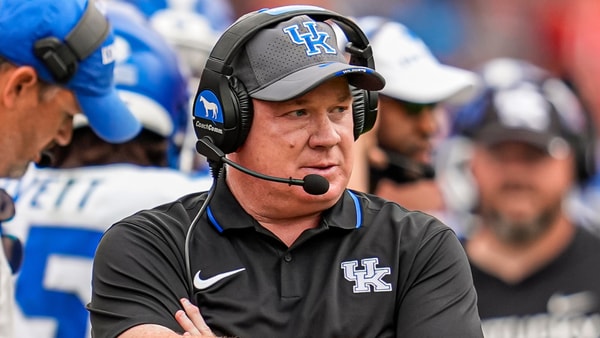
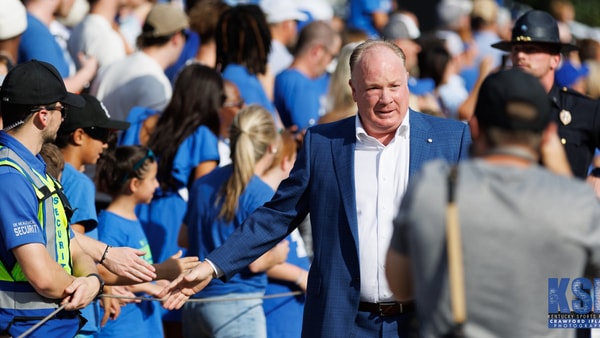
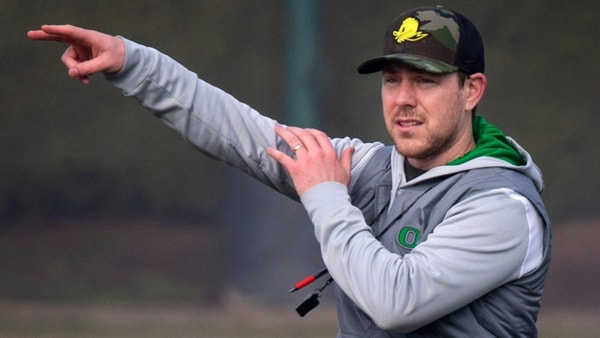
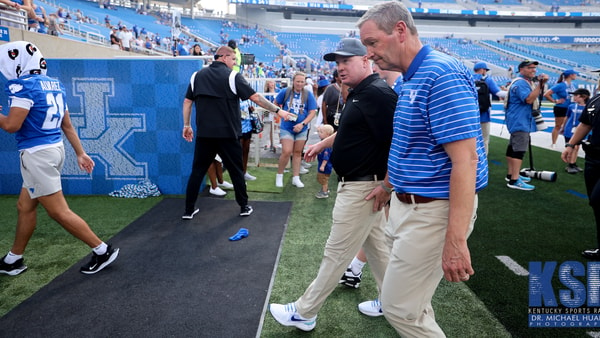
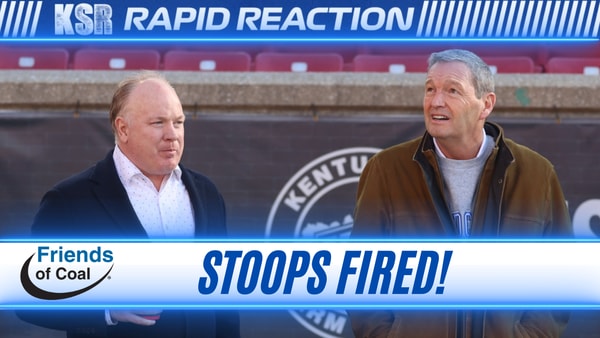
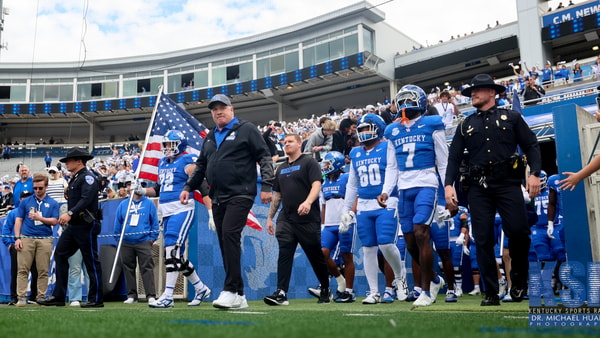
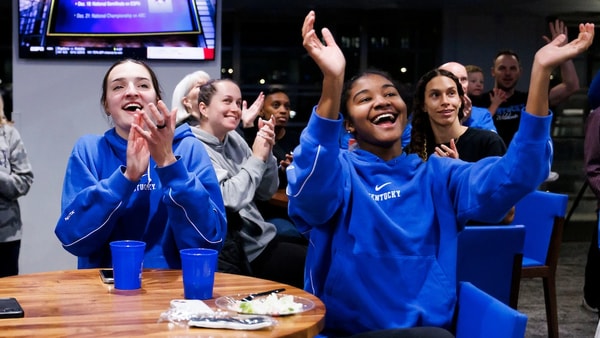
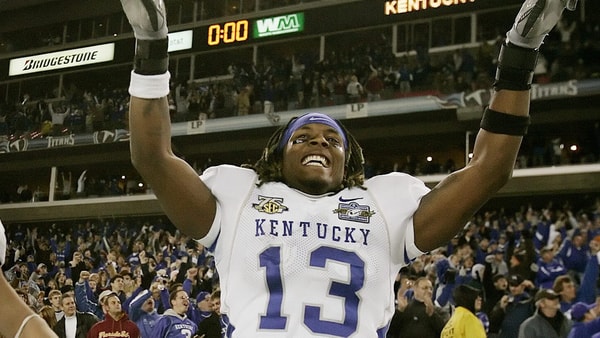
Discuss This Article
Comments have moved.
Join the conversation and talk about this article and all things Kentucky Sports in the new KSR Message Board.
KSBoard